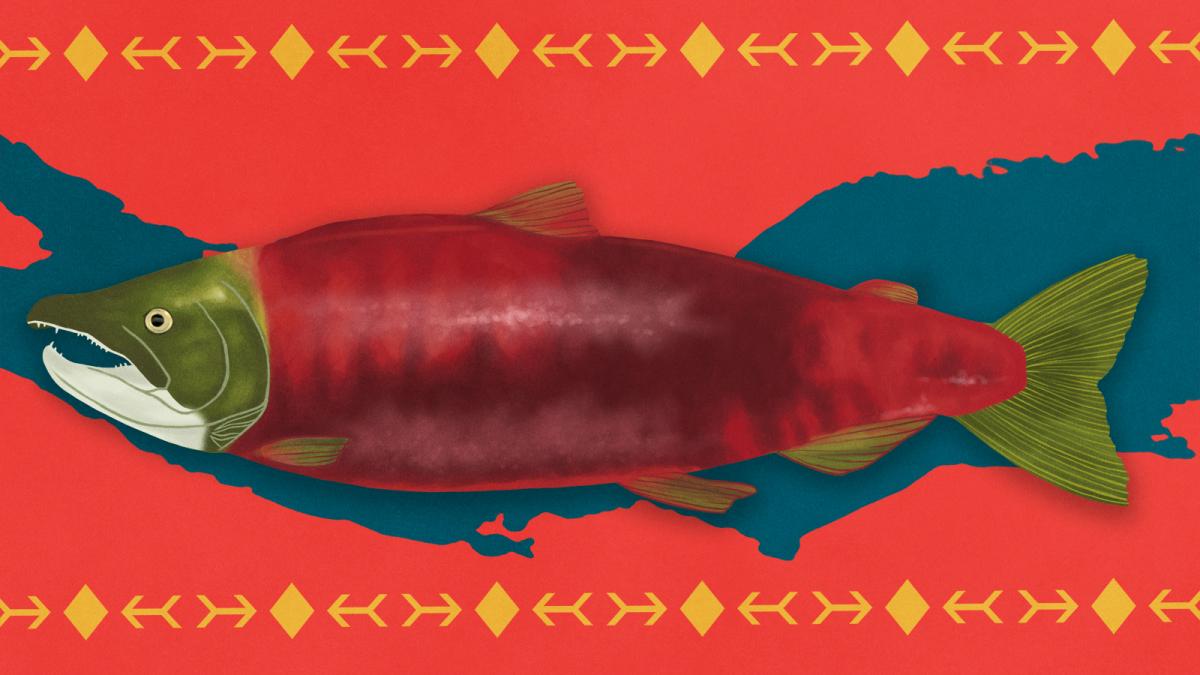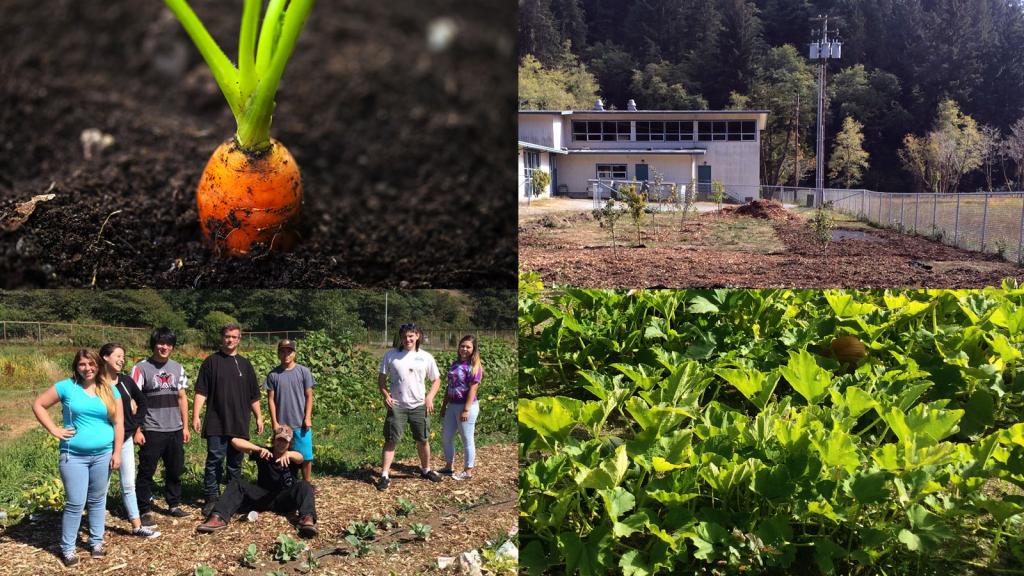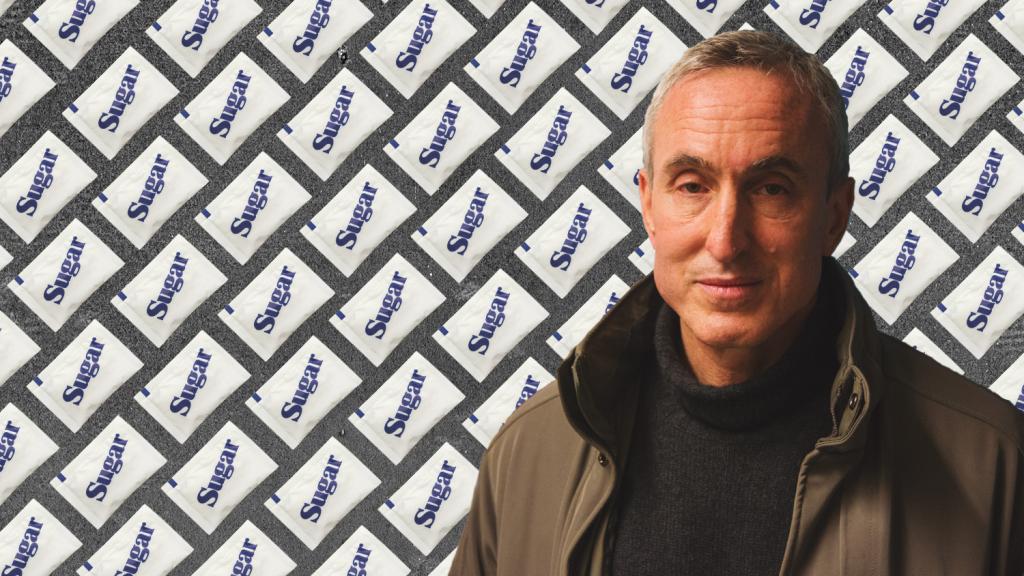Out in the middle of nowhere, people look out for one another. That fact is especially evident in the boonies of southern Washington as you cut east along the Columbia River in the company of “Sockeye” Suzy Lumley. If you come across her, don’t be surprised if she hands you some canned salmon.
She gives fish out by the pallet, as I learned one February afternoon, when Lumley and I drove the two-lane highway that winds along the Columbia’s banks. We flew by open country and rolling hills, then passed a small group of Yakama Native American women on the roadside. When Lumley, who is also Yakama, saw their colorful dresses billowing in the wind, she slammed on the brakes and spun around her red Dodge Ram. After exchanging a few words with the women, Lumley — who is tiny, just 4-foot 10-inches tall — climbed into the Ram’s bed and handed off a square flat of fish.
Lumley has enough to share. She runs a small business canning and selling Columbia River sockeye and other species. Poverty is vicious and familiar, especially for the Yakama, Umatilla, Warm Springs, and Nez Perce Nations, the primary tribes that live out here. At the end of a long winter, especially, every c... Read more




